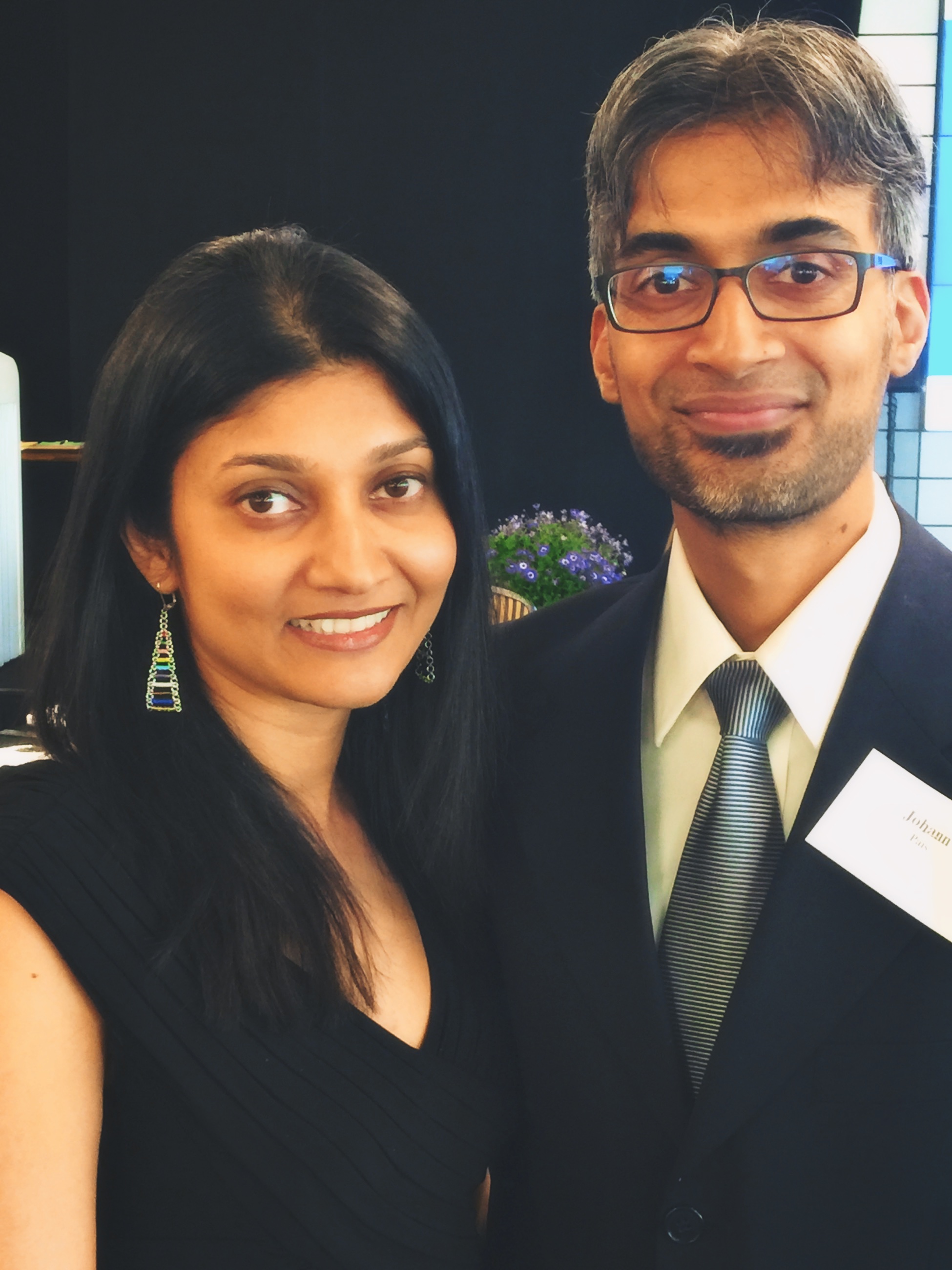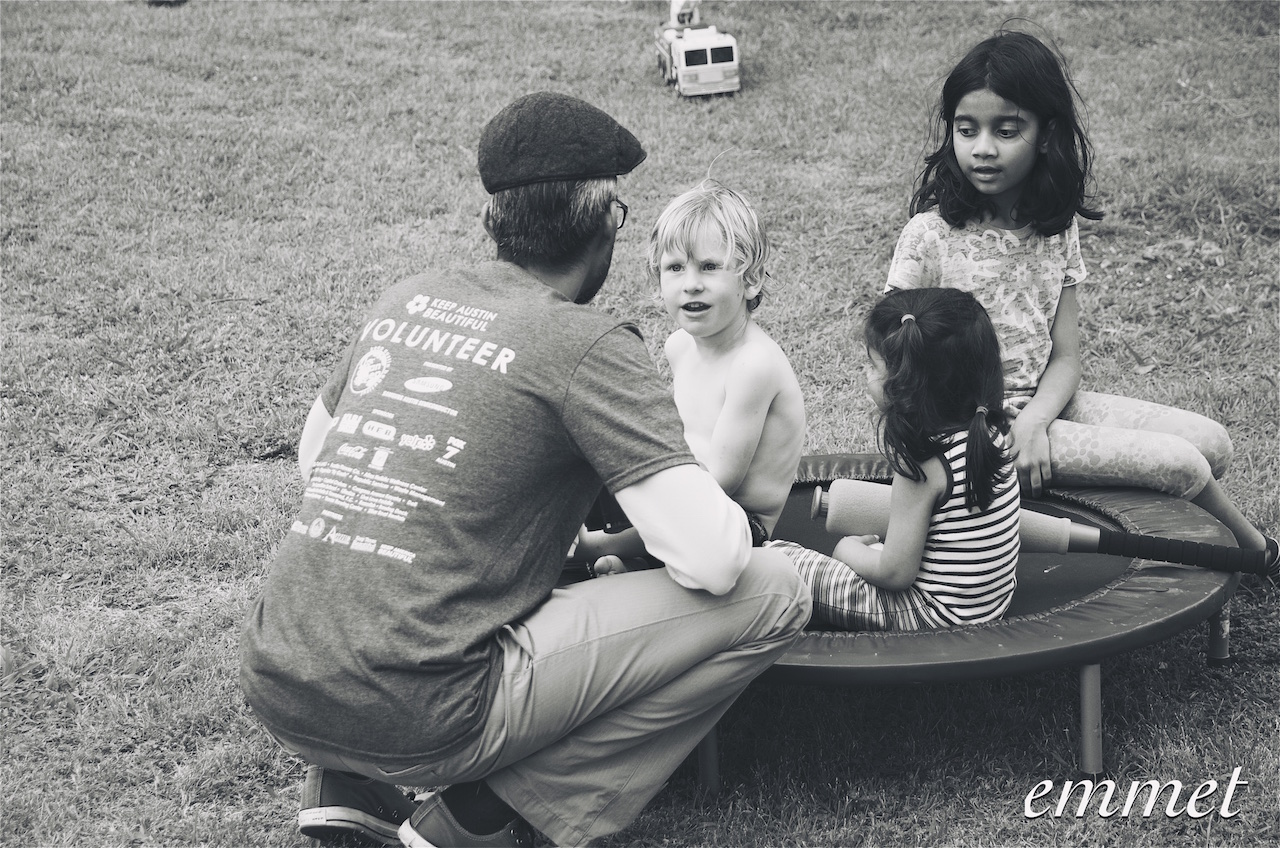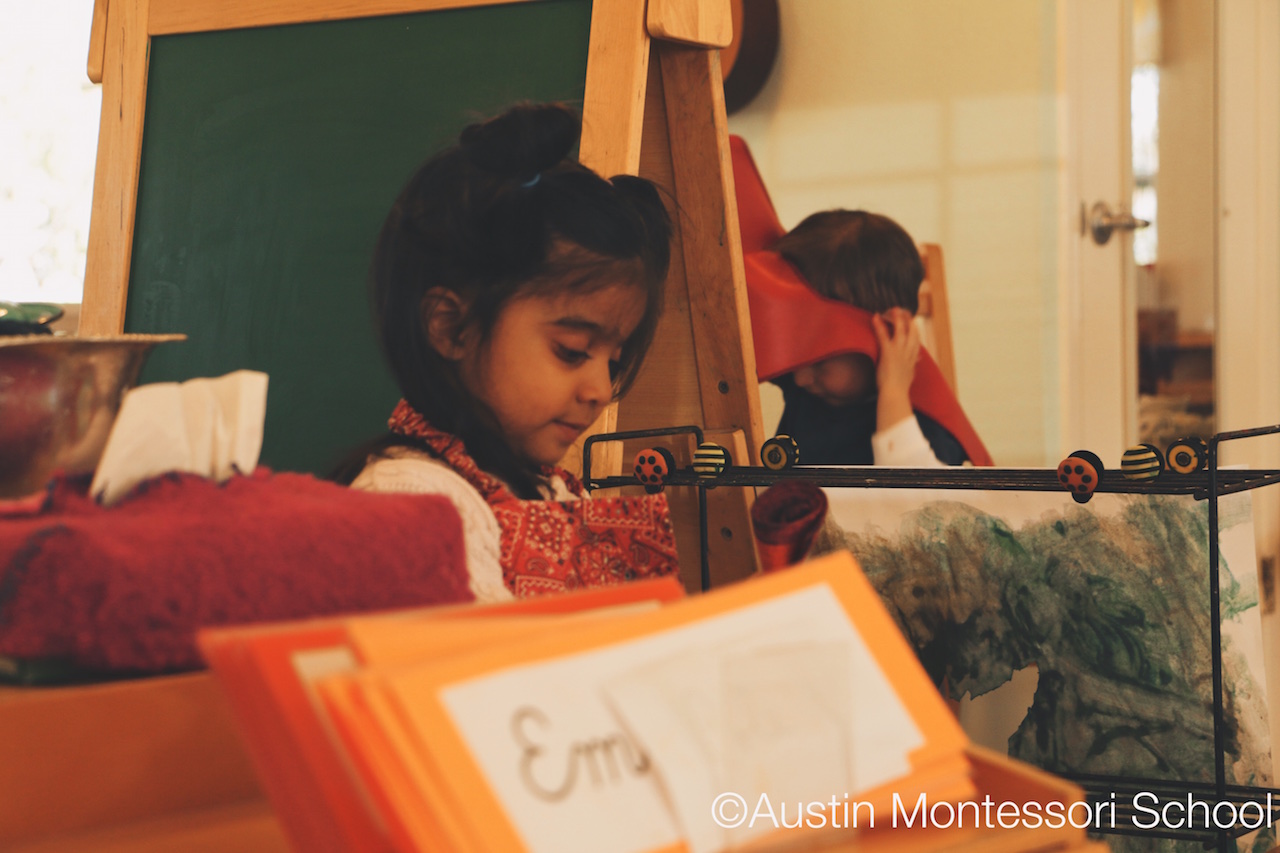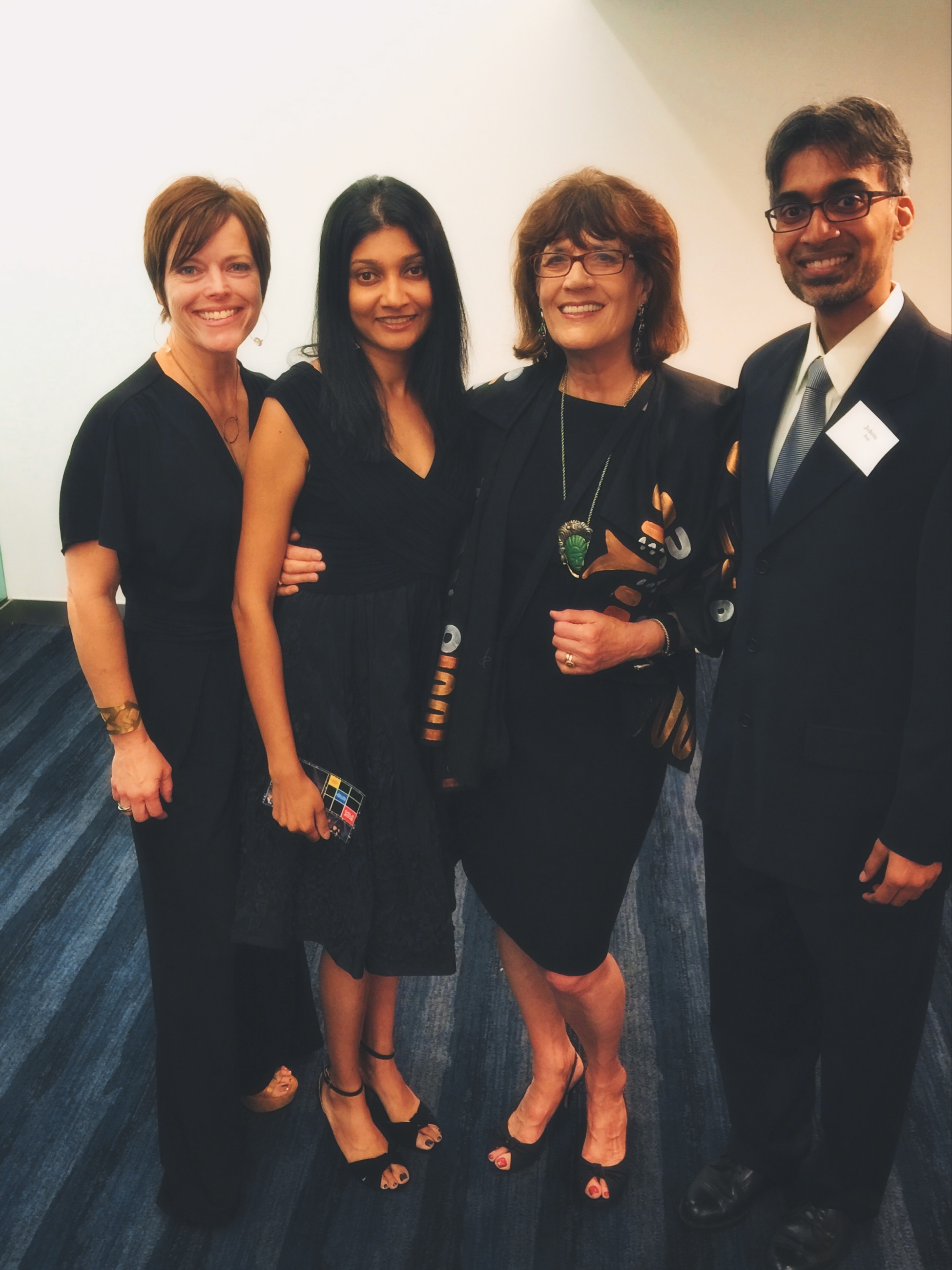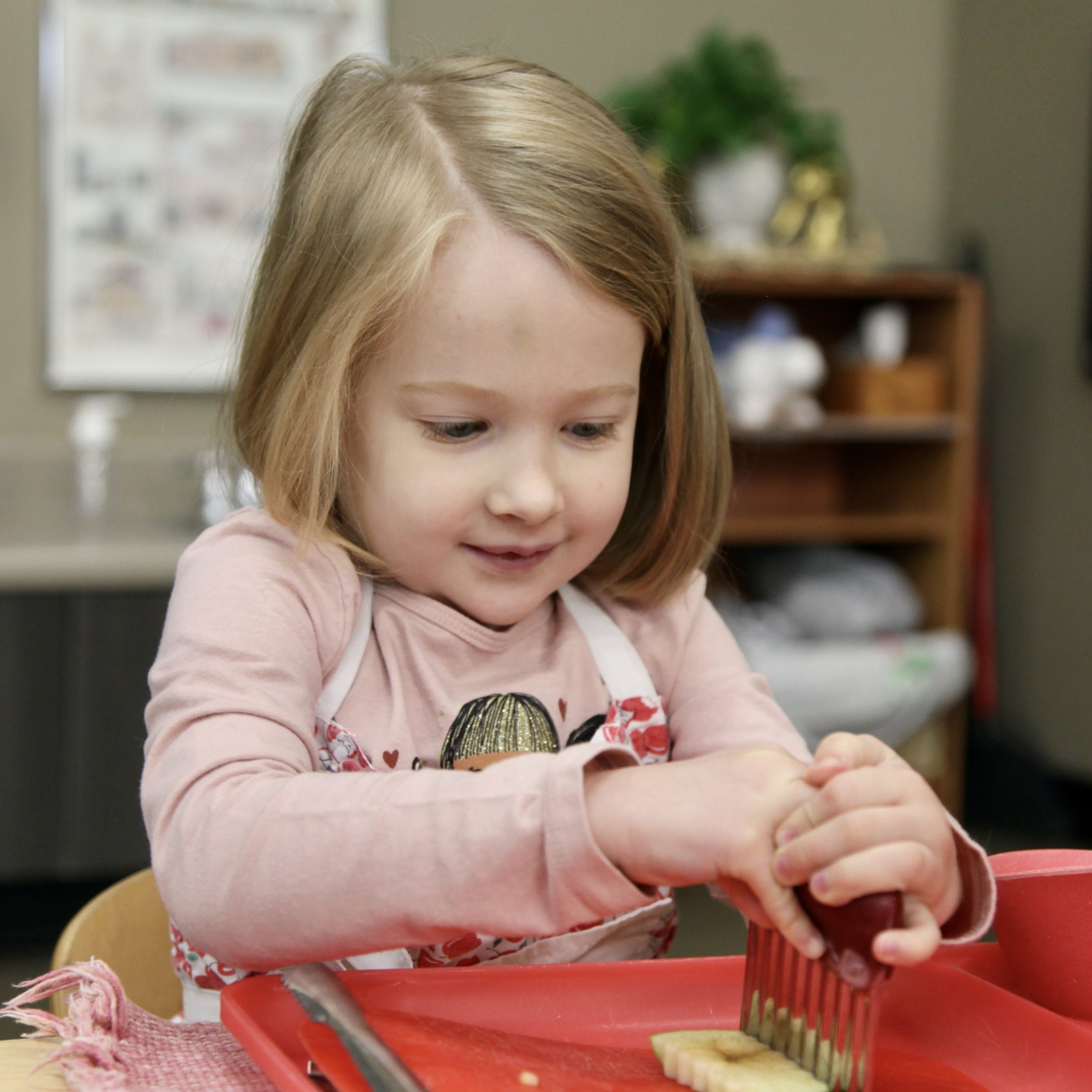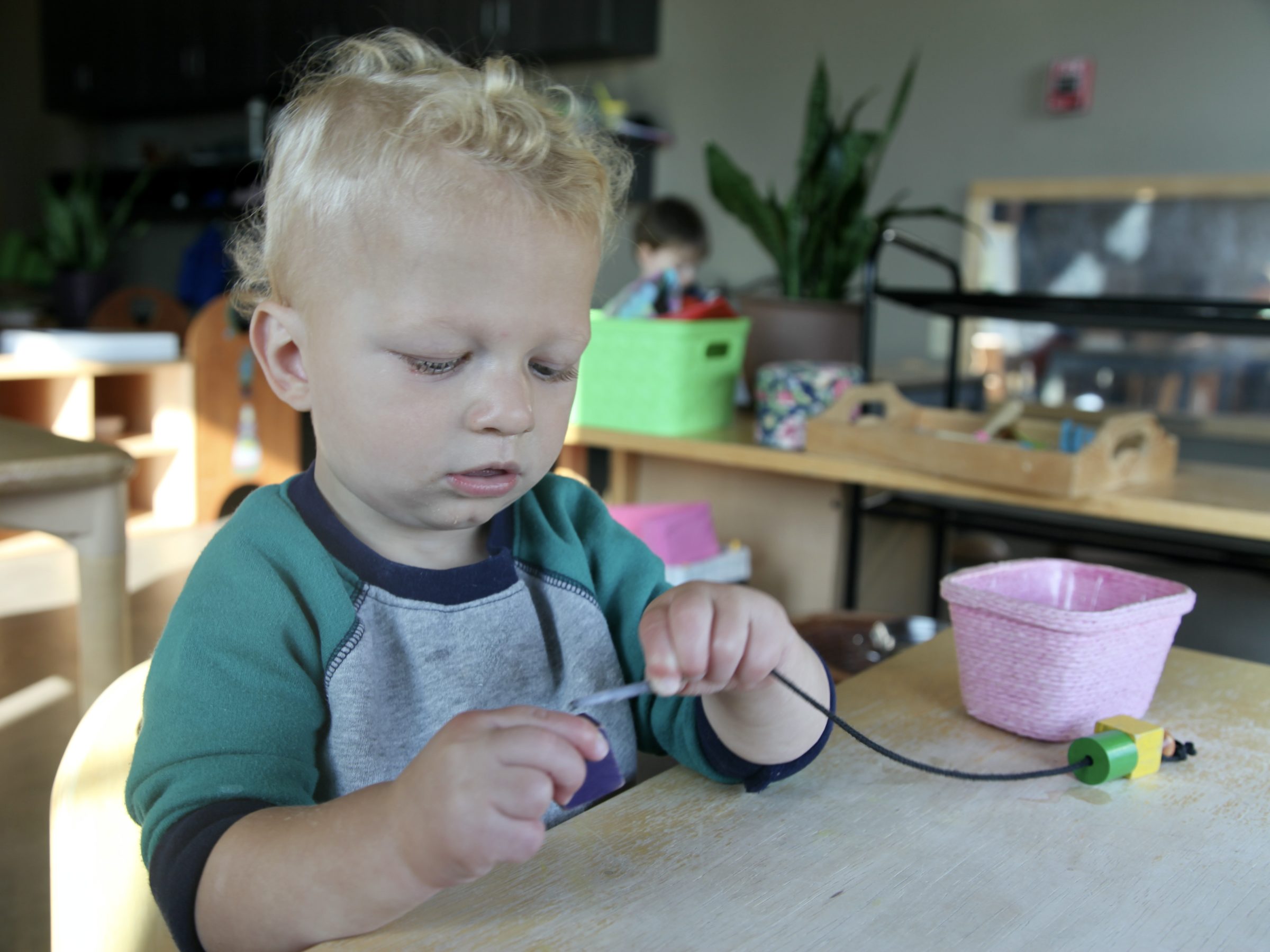Spotlight It’s a Practical Life
Spotlights
We’ve been following It’s a Practical Life on Instagram for some time now, and were so enamored by the small glimpses into daily life. We were overjoyed when someone put us in touch with the lovely Sveta Pais, the eyes behind the camera. Her photos, like her words, are genuine and touching, and we hope you enjoy as much as we do.
Q: Can you tell us a little bit about yourself? Your background, your interests, your dreams?
I live in Austin, Texas, with my husband and two daughters who are eight and almost three years old. When I was growing up my father worked for a steel company and we moved to where his work took him. We lived in India, Trinidad, Germany, and England. It was such a privilege to travel and experience such different cultures! I value all my childhood experiences, but it somehow stirs in me the desire for my children to experience a childhood filled with consistency. I want them to feel they are an innate part of the community that raised them, to plant roots in a way I was never able to.
As for my dreams, I aspire to support families at my children’s school in their Montessori journey. I would also love to be a resource to families who are interested in Montessori as a way of life even if they don’t send their children to Montessori school. And in the grand scheme of things, I dream of a Montessori High School in Austin, Texas, that, in this dream, will be up and running within the next 5 years.
Q: Now that the hardest question is out of the way, what’s your favorite color?
This question makes me smile because my daughters have an ongoing discussion on their favorite color, which seems to change with the seasons. Currently I have an affinity to the color of my kitchen cabinets: pewter. My family spends the bulk of our waking hours in the kitchen, and I love being in a space with such a refreshing yet peaceful color.
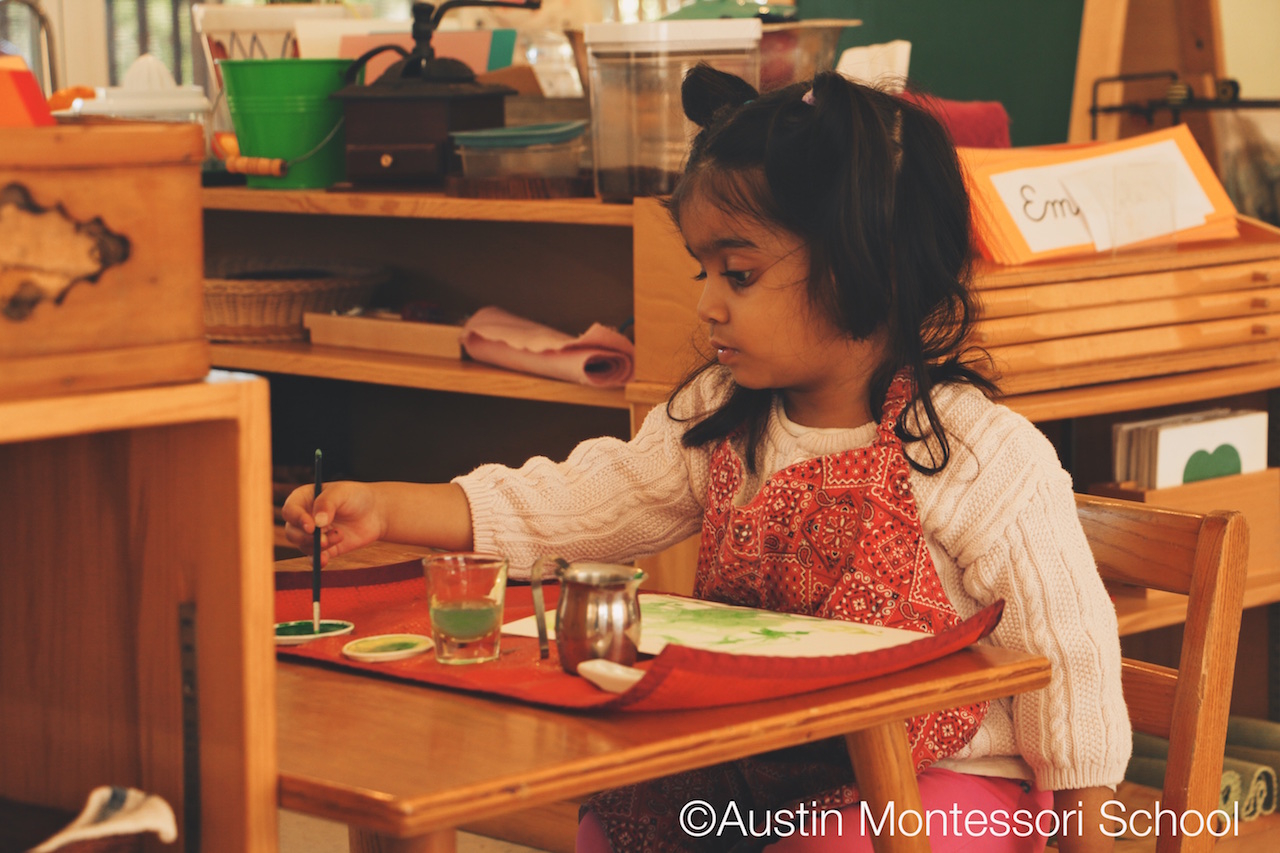
Q: Do you have a favorite book? How about a film?
My favorite book tends to change depending on what stage of life I’m at. Right now, my go-to book is John Snyder’s Tending the Light: Essays on Montessori Education. I often hear Montessori parents say that there’s not enough information for children in the second plane of development, that is the ages of six through twelve. Well, there is, and it’s all neatly packaged in John’s book.
Closely tied in second place are The Whole-Brain Child by Daniel Siegel and Tina Bryson; Simplicity Parenting by Kim John Payne; The Religious Potential of the Child by Sofia Cavalletti.
As for films, I am a huge fan of Richard Linklater’s work.
Q: When you close your eyes late at night, and imagine waking up and starting a new adventure, what is that adventure?
I think my husband would agree that each day is a new adventure as partners and parents to our children. When you approach parenthood in a child-centric way it is filled with so much more wonder and joy.
Q: What first appealed to you about Montessori?
Funny you should ask because a couple months ago I started to think about this and wrote about it in an article, Journey of a Montessori Parent. There were many aesthetic things that initially appealed to me about the physical Montessori environment, but in hindsight these were all superficial. What ignited my passion for true understanding was an article by the founder of Austin Montessori School, Donna Bryant Goertz, “Owner’s Manual of a Child.” Donna titled the article “Owner’s Manual” with jest, of course, but it is a gentle guide on how to meet the needs of a child.
“Every day is different, and the stages of individual and community development is a constant evolution.”
What followed was many hours of observation in an authentic Montessori environment. I sat in the observation booth of the Youngest Children’s Community my daughter was in every Wednesday morning for a year. This is the Montessori community for children aged 18 months to three years of age. I would close my eyes and just let the language the guide used with the children sink in. More than anything, I wanted to learn to talk like her.
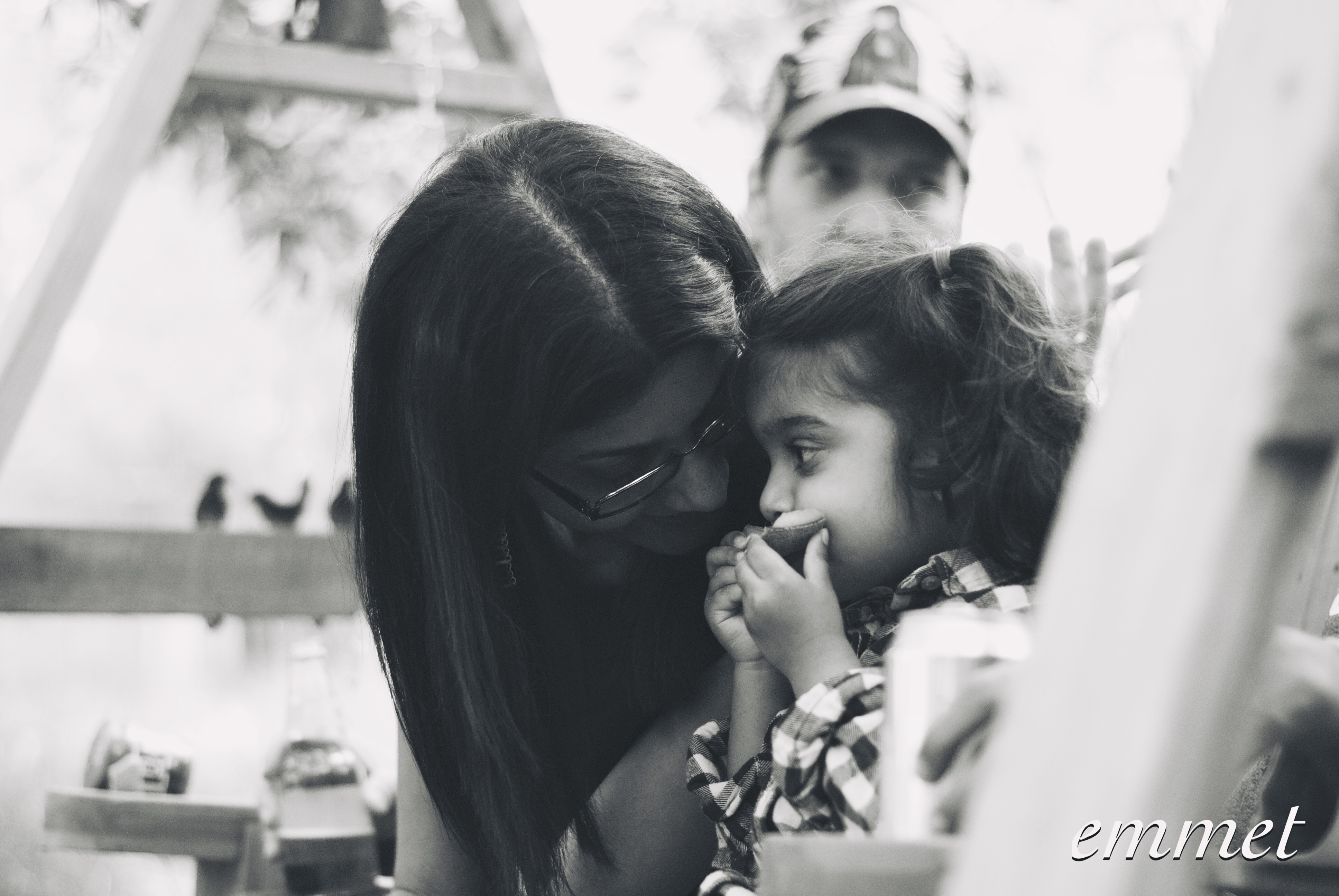
A conversation from my early days of being a Montessori parent comes to mind. I recall sitting in my very first Parent Gathering at Austin Montessori School. My daughter was probably 20 months old at the time. I was literally gushing about how amazing I found all this Montessori toddler goodness. The woman sitting next to me, who had three children and had been a parent at the school for several years, said wryly, “You think this is good? Wait till you get to elementary.”
Recently, I reminded Brenda of this story and she asked, “Well, was I right?” I have to say, boy, was she right! Montessori elementary is absolutely mind-blowing. Firstly, as I become acquainted with the materials of the Montessori elementary classroom, I really “get” what a genius Maria Montessori was. To actually understand certain mathematical concepts that as a child I memorized and forgot the second the test was over, has moved me in incredibly deep ways. Secondly, to see our own child, now eight years old, truly owning her learning and absolutely loving to learn, well, that is the whole point of education, isn’t it?
Q: What advice do you have for new Montessori adults?
I think each parent needs to do their own research and find what resonates with them, but I can speak from my own experience.
When I think of the seven years we’ve led a Montessori life, one thing in particular stands out. We’ve chosen to keep technology and media out of the lives of our children, and to be really mindful of our own use of screens in front of them. My husband is a computer engineer and what brought us to Austin was the tech industry. Yet, he makes it a point to not own a smartphone. We’ve all read the New York Times’ articles on why Steve Jobs was a low-tech parent, and how employees of the large tech companies in Silicon Valley are really drawn to sending their children to the Waldorf School because of the absence of technology. Technology can be wonderful and has its place in society, but how very curious that those in the industry who are developing and selling the products are wanting to limit their own children’s access to them, right?
“ I value all my childhood experiences, but it somehow stirs in me the desire for my children to experience a childhood filled with consistency. ”
I’d suggest to new Montessori adults to consider the role of technology in their family life and to read the essay on “Computers in the Montessori Home: Guidelines for Decision Making,” which can be found in Tending the Light: Essays on Montessori Education by John Snyder and can also be downloaded from John’s website.
Q: Did you have a “Montessori Moment?”
As you can imagine, I have many Montessori moments at home with my children. It is awe- inspiring to see them grow to become such self-sufficient, confident little people, with the propensity to find purposeful tasks around the house and stick with them for an extended period of time. My children constantly demonstrate what Dr. Montessori termed “normalization.”
In the classroom, my Montessori moments are observations that really challenge me, often times the ones that make me squirm in my seat and my heart race a little.
Last semester I did an observation in my eight-year-old daughter’s lower elementary classroom. Maya was sitting at a low table working with another child who was clearly having a hard day. As this particular child struggled to concentrate on her work, she punched the air and scowled at children who walked past her. What was remarkable to me was that entire time Maya remained focused on her own work and completely centered and regulated. She showed empathy toward the child who was struggling. At times she said very gently, “Stay with your work,” and read to the other child softly when she needed the help. I literally held back my tears as I saw, in that observation, the face of humanity.
“After posting a few pictures and videos of our routine activities, it was evident that these were not isolated events, it was our life.”
We all go into observations in Montessori classrooms having high expectations for perfection. However, if this was the case all the time it would not be an authentic Montessori environment! Montessori communities are living and breathing organisms with human children who are given the freedom within a developmentally appropriate framework to be their authentic selves. Every day is different, and the stages of individual and community development is a constant evolution.
So when I feel anxious during an observation, I still come away from it with confidence, knowing that I trust the guide, the school, and the methodology. These are my most affirming “Montessori Moments”.
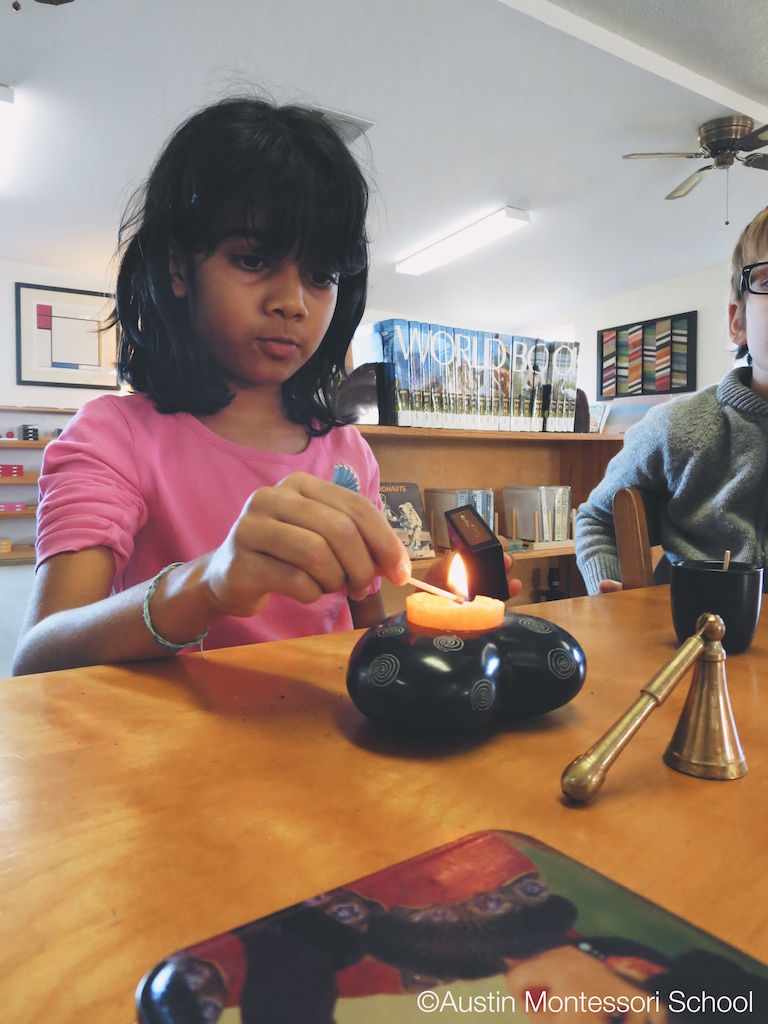
Which brings me back to your earlier question about advice for new Montessori adults. If you are observing a Montessori classroom and don’t understand something, or see something that makes you uncomfortable, ask. An observation is just a minuscule window into a three-year process of what the guide is working through with each individual child and that community. Often, observers need to process what they’ve seen to get a better understanding. A good Montessori school will always have an Admissions Director or other staff member to have that conversation with you.
Q: What’s your favorite Montessori quote?
“If help and salvation are to come, they can only come from the children, for the children are the makers of men.”
Q: What inspired you to share your Montessori story on Instagram?
I was a little frustrated when I shared glimpses into our daily life with family and friends, and received comments like “Send her to my house to clean.” I needed an outlet that would allow me to share our Montessori moments with a like-minded community. After posting a few pictures and videos of our routine activities, it was evident that these were not isolated events, it was our life. And that’s how “It’s a Practical Life” was born.
Q: What advice do you have for new parents trying to incorporate Montessori at home?
Research, observe, and before you run out and buy a single thing, sit down with your co-parent and have a conversation on whether you are both up for the challenges and opportunities which arise when raising a Montessori child.
Q: What do you think is the best introduction to Montessori?
Observation in an authentic Montessori classroom, with someone who knows enough about the environment to talk you through it. I remember our very first observation. Lori, the assistant to the Admissions Director, said, “Do you see the little boy walking around holding the guide’s hand? He is just 19 months old and today is his very first day”. That simple bit of information was enough to put the entire observation into context.
“ Montessori communities are living and breathing organisms with human children who are given the freedom within a developmentally appropriate framework to be their authentic selves.”
Q: What continues to inspire you about Montessori?
Good question. I would have to say our tribe at Austin Montessori School. Montessori schools come and go, but this particular school celebrates its 50th anniversary next year. It’s a community of staff and parents who are very passionate and fun people. I’m also very inspired by the young adults who I’ve gotten to know who went all the way through the school. I hope my daughters will grow up to exude the kind of light they do. And it goes without saying that the school’s founder, Donna Bryant Goertz, is inspiration personified.
Q: In what ways do you envision the future of education?
Recently a video was made for our annual fundraising gala which gave insight into a day in the life of a child at Austin Montessori School. The comments on this video from people all over the world, many of whom have no idea about Montessori, paint a clear picture of what all of us envision for the future of education.
“I need to find a way to formalize the conversation that has already been started and mobilize a collaboration of parents and educators desiring the same thing.”
I believe all parents envision their children being educated in healthy learning environments, ones in which the pace is slowed down or accelerated to meet the needs of the natural development of the child; where learning produces “ah-ha moments” which inspire the child to dig deeper and learn more; where children grow in confidence by being self-directed; where each child is respected and supported when experiencing emotions; where conflict is dealt with and resolved in ways that allow each child involved to grow in self-regulation and benevolence. Overall, I envision the future of education to be one that promotes values and tools for each child to be a catalyst for a more humane world.
Q: Where do you see Montessori in the next 100 years?
Over the past year, as I’ve become more vocal about what Montessori has done for my family, I’ve heard from many people saying they wished they could have the same for their children. Unfortunately, quality Montessori education is not available or affordable for many people who would love to have it as an option.
To an extent, I have the same issue. I want my daughters to attend a Montessori school all the way through to high school but there is no Montessori high school available to us locally. So if I want it badly enough, I need to do something about it. I need to find a way to formalize the conversation that has already been started and mobilize a collaboration of parents and educators desiring the same thing. If I choose to do this and there is success, perhaps it will not be in time for my own children to enjoy the benefits. I know it to be true, though, that the drive for this kind of work comes from seeing my child as all children, and all children as my child.
That is how I see the future of Montessori in the next 100 years. Increasing numbers of parents, educators and alumni joining the movement and making authentic Montessori more accessible and affordable for children across all socioeconomic groups.
Written by:
Baan Dek

